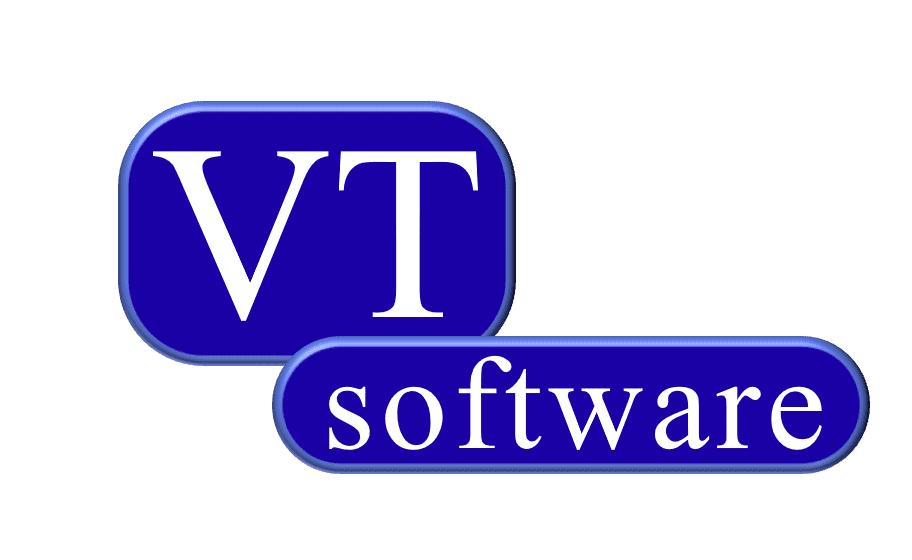A trust is a legally binding agreement in which a trustee manages a property or assets for the benefit of a third party-beneficiary on behalf of the owner. Land, shares, money, jewellery, buildings, furniture, and paintings are all examples of items that can be placed in trust. The owner of the assets, ideally, controls what the trustee can do with them and who the beneficiaries are.
However, it is critical to recognise that trustees’ responsibilities extend beyond carrying out the wishes of the settlor. They are in charge of the trust’s investments, day-to-day management, and taxation. The two most common types of trusts are:
Discretionary
If you are a beneficiary of a discretionary trust, you have no say over the assets or how they are distributed. The appointed trustee has complete control over how the fund is managed and distributed. A discretionary arrangement is most often used when the beneficiary has special needs. It is also used when the assets are primarily intended for future use or when the beneficiaries are unable to manage their finances responsibly.
Non-discretionary trusts
A non-discretionary trust, on the other hand, gives one or more beneficiaries partial control over the distribution of trust funds or assets. Unlike in a discretionary arrangement, the trustee does not have complete control over how the assets under management are distributed. In many cases, he or she is simply required to distribute the money or assets according to the settlor’s instructions.
Beneficiaries are generally required to pay tax on distributions made from a trust’s income. They are not, however, taxed on anything they receive from the principal. If one of the beneficiaries is entitled to income from the trust, he or she must pay tax. HMRC requires trustees to report and pay various taxes on behalf of the trust.
Depending on the type of trust, trust beneficiaries may be required to remit tax through Self Assessment, according to HMRC. They may also be eligible for a tax refund. If you are a bare trust beneficiary, you must declare and pay tax on all of the trust’s income. This is as simple as registering for Self Assessment and filing your returns online.
Beneficiaries of interest in possession trusts are exempt from paying taxes because the trustee pays them before passing the income to you. However, you will be taxed if the income from the trust raises your annual earnings to a higher Income Tax Band rate. If you are a higher-rate taxpayer, you must plan for the deficit.
Trusts have continued to be extremely beneficial to many people. While every concept has flaws, the benefits of using a trust outweigh the drawbacks. Putting your wealth in trust allows you to do the following:
Protect your assets from creditors and potential lawsuits.
Have a trustee in charge of managing your properties both now and in the future.
Do you want professional advice before putting your money or property into a trust? Contact the professional accountants at FBS Accountants in your area. Our knowledgeable staff will gladly walk you through the available options before you decide on one. We offer online accounting, taxation, and bookkeeping services in addition to expert financial advice. Choose us whenever you are looking for a low-cost, high-quality accounting solution for your small business.
For more information about our services at FBS Chartered Accountants get in contact today call: 0204 526 5195 or drop us a line hello@finchleybusiness.co.uk






